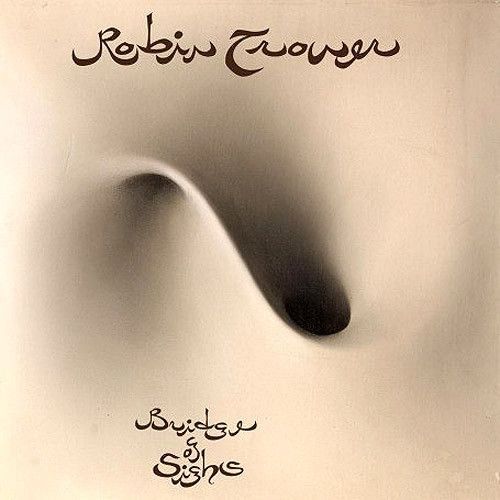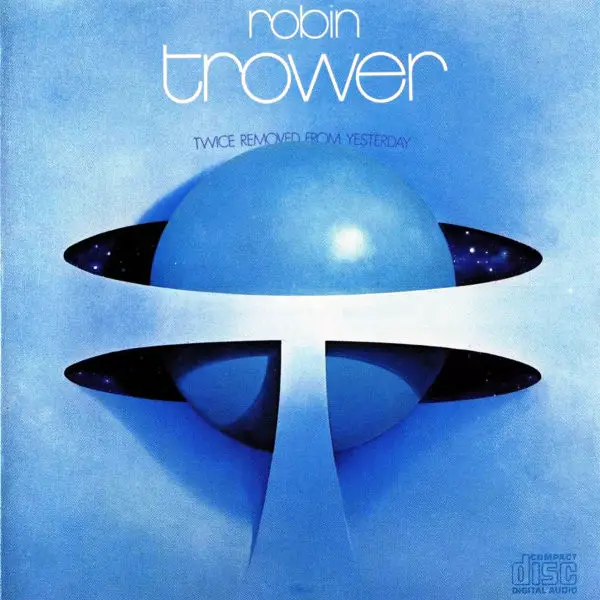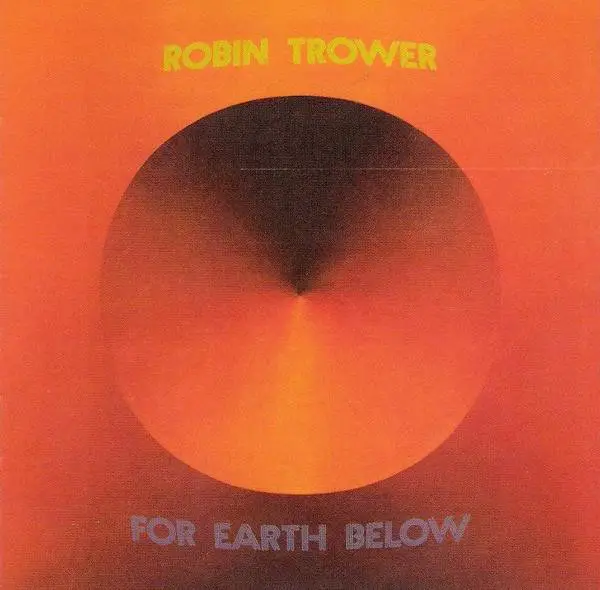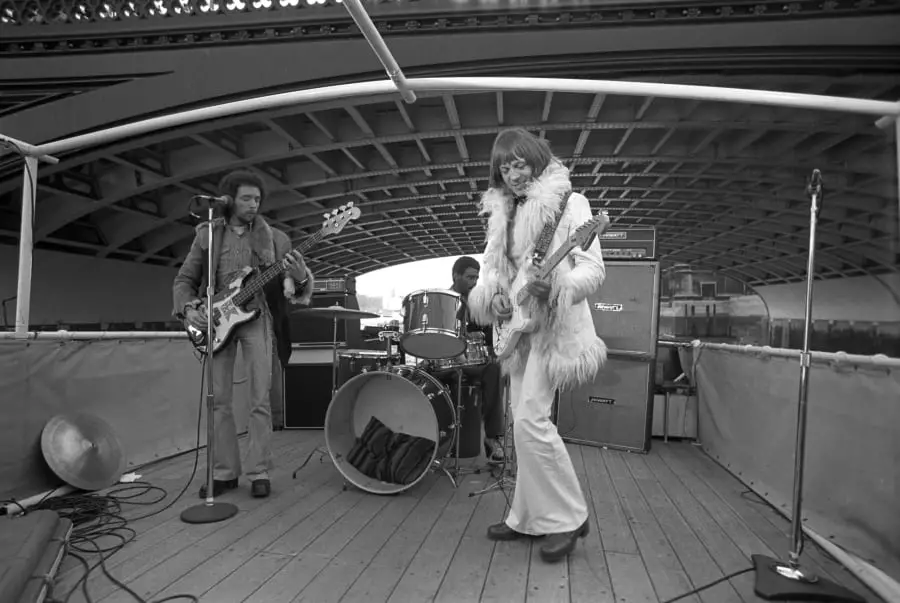The Robin Trower Band Songs Ranked
Robin Leonard Trower (born 9 March 1945) is an English rock guitarist and vocalist who achieved success with Procol Harum throughout 1967–1971 and then again as the bandleader of his own power trio known as The Robin Trower Band. Perhaps Trower’s most famous album is Bridge of Sighs (1974). This album, along with his first and third solo albums, was produced by his former Procol Harum bandmate, organist Matthew Fisher. Despite differences, Trower’s early power trio work was noted for Hendrixesque influences. Trower is an influential guitarist who has inspired other guitar legends such as Robert Fripp, who praised him for his bends and the quality of his sounds and took lessons from him. Here are all of The Robin Trower Band songs ranked.
Don’t miss out on the TIMELESS The Robin Trower Band music below! Click to experience the power of raw blues rock!
11. In This Place (Bridge of Sighs, 1974)
“The song’s final “chill wind” sound effects lead perfectly into the next track, the stripped-down and mellow “In This Place,” which features perhaps the album’s most beautiful and interesting vocal melody, as well as excellently placed drum fills by Reg Isidore and sparse bass notes by James Dewar, and stunning examples of Trower’s bluesy lead guitar insertions throughout.”
10. Hannah (Twice Removed from Yesterday, 1973)
“‘Hannah’ has quite a nice bluesy/hard-rock riff, although it’s a bit on the slow side, but it gives lots of room for Trower to lay down a number of licks. Then suddenly the track picks up the pace in the somewhat psychedelic midsection.”
9. Into Money (B.L.T., 1981)
“This is a pretty decent hard blues rock long play and Mr. Bruce adds a touch of nostalgia but this recording is just ok. Of course there still is that great guitar. You can never go wrong with Robin Trower’s guitar.”

8. Daydream (Twice Removed from Yesterday, 1973)
“Daydream” is his Hendrix tribute, a beautiful ballad that climax’s in a barrage of pentatonic phrasing and spacey double-stops. ‘Daydream’ is just one slow bluesy solo after another.”
See more: The Robin Trower Band Albums Ranked
7. The Fool and Me (Bridge Of Sighs, 1974)
“I quite like ‘The Fool and Me’, the funky riff is a bit simple and a bit of a novelty, but damn catchy. The only thing that puts me off is the vocals.”
6. Little Bit of Sympathy (Bridge of Sighs, 1974)
“Little Bit of Sympathy” offers more guitar brilliance, with Trower delivering that tremendously successful “signature” sound, never sounding so perfectly dissonant and (at times) so wonderfully evil.”

5. The Day of the Eagle (Bridge of Sighs, 1974)
“Day of the Eagle” is the perfect opener: fast-paced and hard-hitting. That’s followed by what’s probably the best song on the album, “Bridge of Sighs.” Some really nice guitar work on this track, especially at the end.”
4. Too Rolling Stoned (Bridge of Sighs, 1974)
“‘Too Rolling Stoned’ is the clear “epic” on the album and it’s quite good to be honest although not surprisingly way overlong with essentially a massive coda that gets into a nice jammy groove but outstays its welcome.”
See more: Jethro Tull Albums Ranked
3. I Can’t Wait Much Longer (Twice Removed from Yesterday, 1973)
“The opening track “I Can’t Wait Much Longer” is dark, spacey blues-rock that features a very memorable riff and great rhythm playing by Trower. One thing about Robin Trower that separates him from other great guitarist is his ability to make his rhythm playing just as interesting as his soloing.”

2. Shame the Devil (For Earth Below, 1975)
“From “Shame The Devil”, the listener is carried away in a spiral of torrid Heavy-Blues, crackling like the flames of Hell. Heavy mid-tempo, thick bass, lively wah-wah, “Shame The Devil” lives up to its name. The sound of Robin Trower’s Fender Stratocaster is sublime, particularly in chorus, warm, gleaming.”
1. Bridge of Sighs (Bridge of Sighs, 1974)
“The song ‘Bridge of Sighs’ is a chilling and ethereal walk across the famed bridge in Venice where, it is said, prisoners would pass to their place of execution. The percussion of Reg Isidore, the mournful baritone of bassist James Dewar and Trower’s effects-drenched guitar meld into a sorrowful and brilliantly executed tone poem.”

